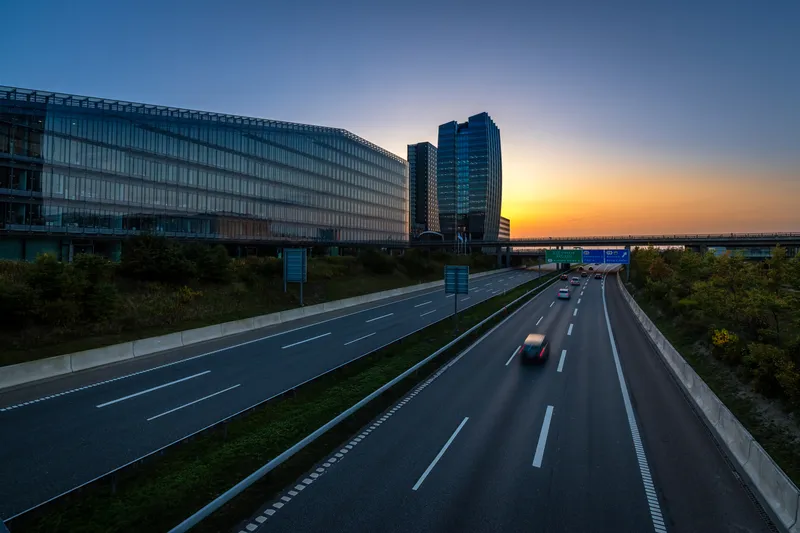Distance-based charging is intended to ensure vehicles are charged according to actual road use and pollution generated. The rule will also apply to goods vans over 2.4 tonnes from 2022.
EU countries would need to set different road charging rates based on carbon dioxide emissions to encourage use of environmentally-friendly vehicles. Charges for zero-emission trucks would have to be 50% below the lowest rate.
External cost charges for traffic-based air or noise pollution would need to be applied to heavy-duty vehicles and goods vans on tolled roads from 2021.
Road charging would also need to be applied to all heavy-duty vehicles and goods vans from 2020 to ensure fair treatment of all hauliers.
These rules would enable countries to offer discounts in situations where frequent users of light vehicles in the areas of dispersed settlements and the outskirts of cities.
Until the switch to distance-based charges takes place, the draft rules set limits to the short-term charges that can be imposed on drivers from other member states. MEPs also want Vignette stickers to be available for shorter periods of one day and one week.
Revenue from distance-based charges would be invested in transport projects.
EU to implement fairer rules for road charging
EU countries will need to switch to distance-based road use charges for trucks and buses in 2023 and for cars in 2026. The European Parliament’s Transport Committee has voted on new amendments in a bid to meet emission reduction targets and make charges fairer.
Distance-based charging is intended to ensure vehicles are charged according to actual road use and pollution generated. The rule will also apply to goods vans over 2.4 tonnes from 2022.
EU countries would need to set different road charging ra
May 29, 2018
Read time: 2 mins
EU countries will need to switch to distance-based road use charges for trucks and buses in 2023 and for cars in 2026. The European Parliament’s Transport Committee has voted on new amendments in a bid to meet emission reduction targets and make charges fairer.







